Video of the Fireside Chat
“Caliber Collision is a customer service company that happens to fix automobiles”
Summary of the Fireside Chat
In this conversation, Piyush welcomes Olamide and asks him about his background. Olamide explains that he was born in Nigeria and completed his bachelor's degree in chemistry at the University of Ibadan, the premier university in West Africa. Initially, Olamide intended to pursue a medical career, as it was the common aspiration among Nigerian families. However, he found himself drawn to computers and eventually transitioned to a career in technology.
Olamide shares his experience working as an Oracle developer in Dallas and obtaining certifications in Oracle application development and database. He highlights the significant impact of meeting influential individuals like Janet and Ashley, who played a crucial role in his career growth. Together, they built successful organizations at TGI Fridays, a company called MX, and eventually Caliber.
Piyush acknowledges Olamide's strong immigrant values and relates to the pressure to become a doctor or engineer, similar to his Indian upbringing. They then shift the conversation to focus on the automotive industry. Olamide explains that Caliber was his first foray into the automotive sector. He joined the company when they lacked a dedicated technology department, and he was tasked with building a top-notch IT team to accelerate their operations. The goal was to reduce the time required to open new shops and improve overall efficiency by implementing advanced technology infrastructure and data insights.
Olamide discusses the process of onboarding new shops quickly using technology and data to drive business growth. They acquired a new management system and developed reporting and analytical models to leverage data for insights. By using data, they made the acquisition of new shops easier and more efficient.
They highlight the importance of using data to make informed decisions, such as researching the best areas to open shops and negotiating rates with partners. With strong operational leadership and embracing technology, Caliber experienced exponential growth. They started with a small technology department but expanded rapidly, reaching 1,600 shops from an initial 86.
Olamide emphasizes the significance of teamwork, processes, and technology-enabled systems in making their work seamless and efficient. They credit their mentor, Steve Grimshaw, for their growth and express gratitude for the supportive network of teammates.
The conversation shifts to a project related to ADAS (Advanced Driver Assistance Systems) and the importance of restoring cars to original equipment (OE) specifications for customer safety. They collaborated with ProTech, using Google's technology, to build an ADAS prediction model. This model takes diagnosis scan data and damage line information to predict the calibrations required for each car after an accident. The model streamlines the process, reducing the time and manual effort required for calibration, and ensures the cars leave the shop in a safe and optimal condition.
Olamide shares his enthusiasm for the project and its recognition by Caliber Management with an innovation award. They explain the workflow of the project, involving scan data, damage line data, and the ML model, which predicts the necessary calibrations in five minutes or less. This significantly accelerates the process compared to manual assessments. The model guides technicians by specifying the type and number of calibrations needed, improving efficiency and customer satisfaction.
Further, Olamide and Piyush discuss the development and implementation of a proprietary model by ProTech and Caliber. They highlight the importance of training and tuning the model to achieve high accuracy levels. They also mention the integration of explainable AI to provide transparency in the model's decision-making process. The focus is on ensuring safety and customer satisfaction in Caliber's car repair services.
Regarding multi-cloud and hybrid cloud environments, Olamide emphasizes the value and benefits of adopting a multi-cloud strategy. He mentions that Caliber uses Azure, Google, and Microsoft technologies based on their specific strengths and suitability for different projects. He explains that the goal is to avoid vendor lock-in and leverage the redundancy and agility offered by multi-cloud architectures.
When discussing the future of data engineering, Olamide expresses his passion for data and his vision for Caliber to become a data-driven organization. He aims to establish a data center of excellence and emphasizes the importance of data validation and utilizing data to make informed decisions. The growth of the data engineering team and data monetization are key aspects of Caliber's data-driven approach.
Overall, the conversation showcases the collaboration between ProTech, Caliber, and Google, highlighting the efforts invested by Piyush and Olamide’s team in developing and deploying the model, ensuring accuracy, safety, and customer satisfaction. The discussion also underscores the significance of multi-cloud strategies and the transformative potential of data engineering in driving business success.




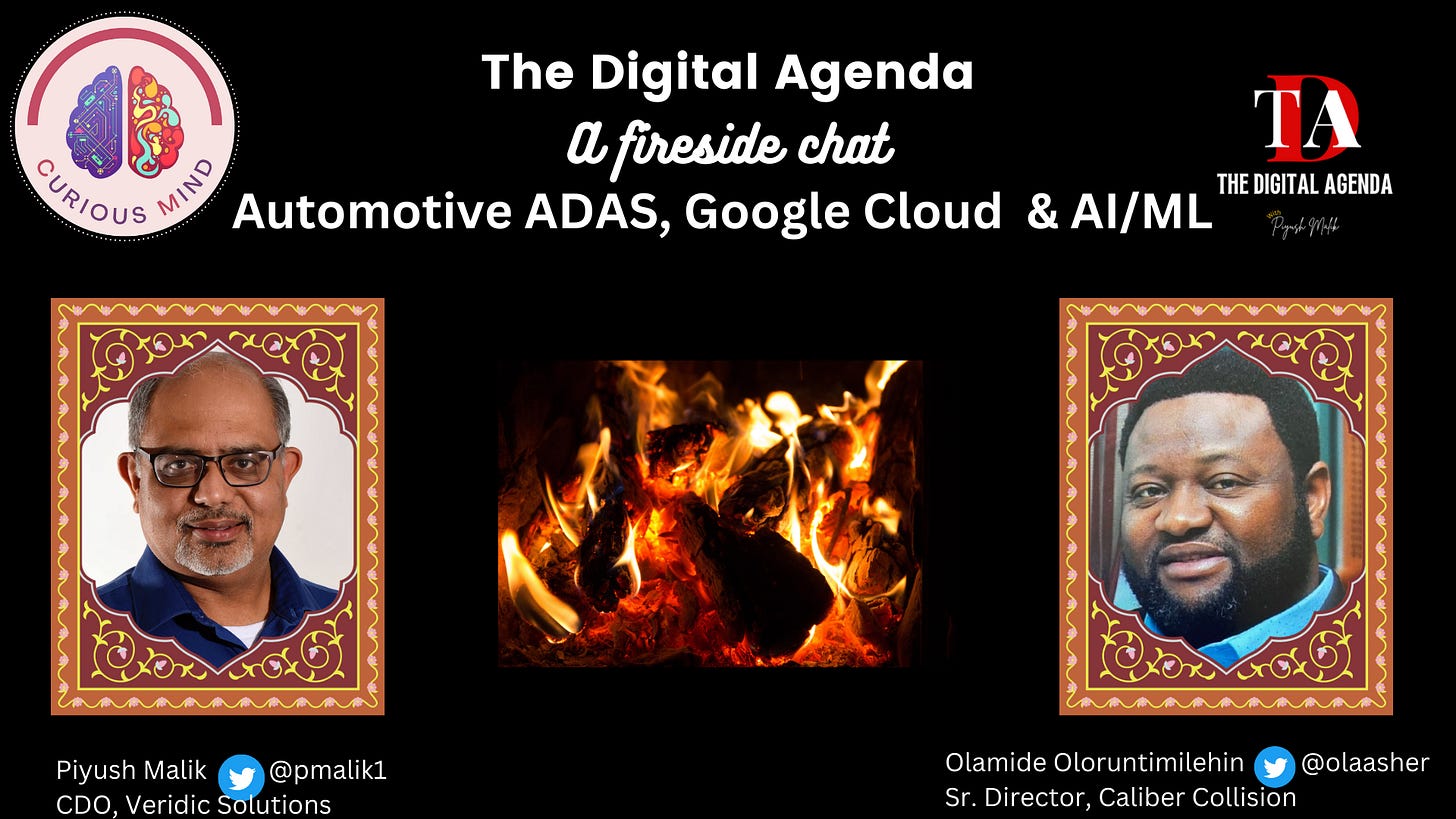


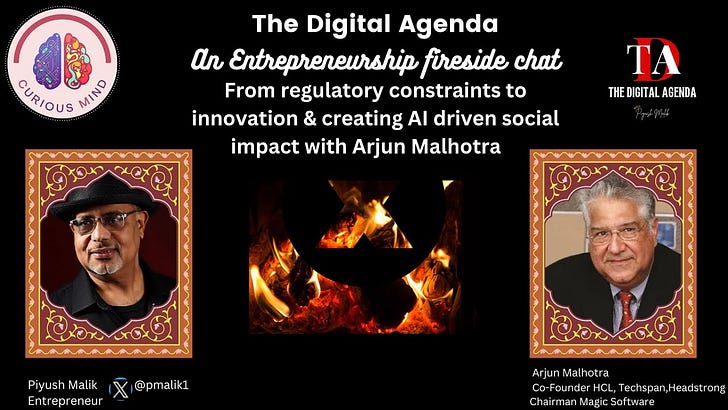

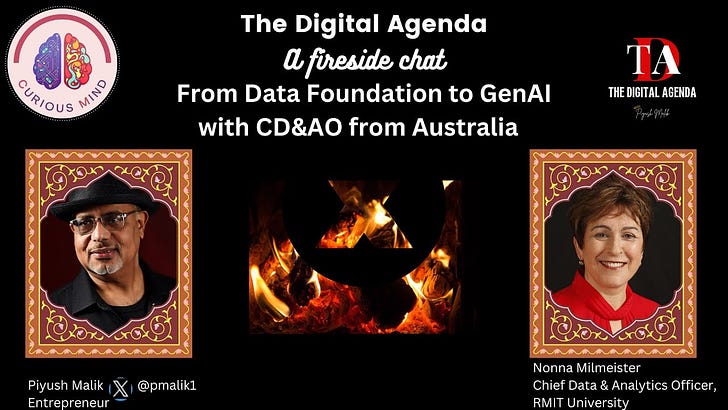
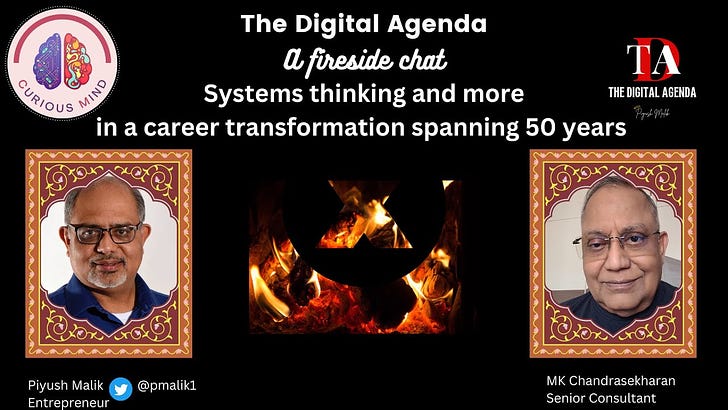
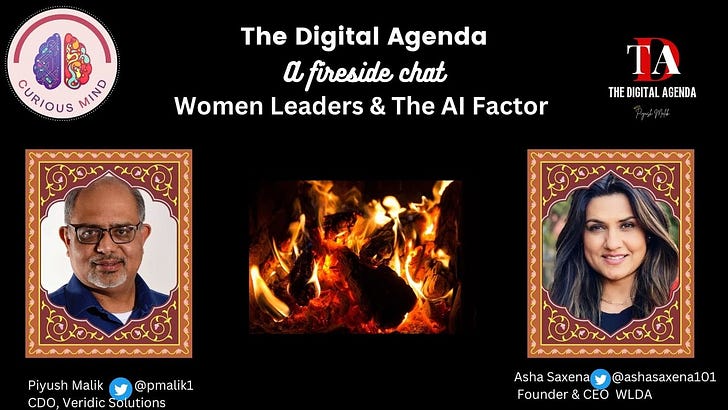
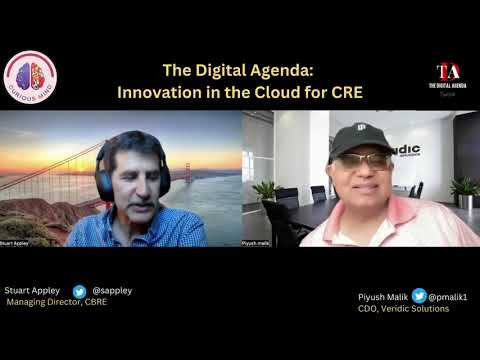
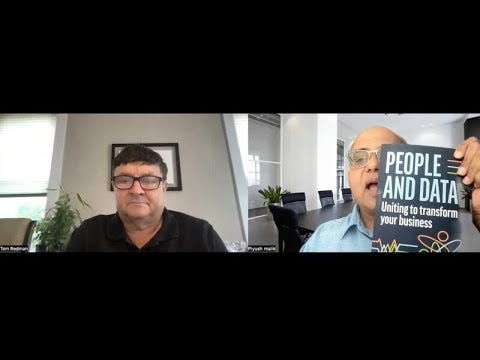
Share this post